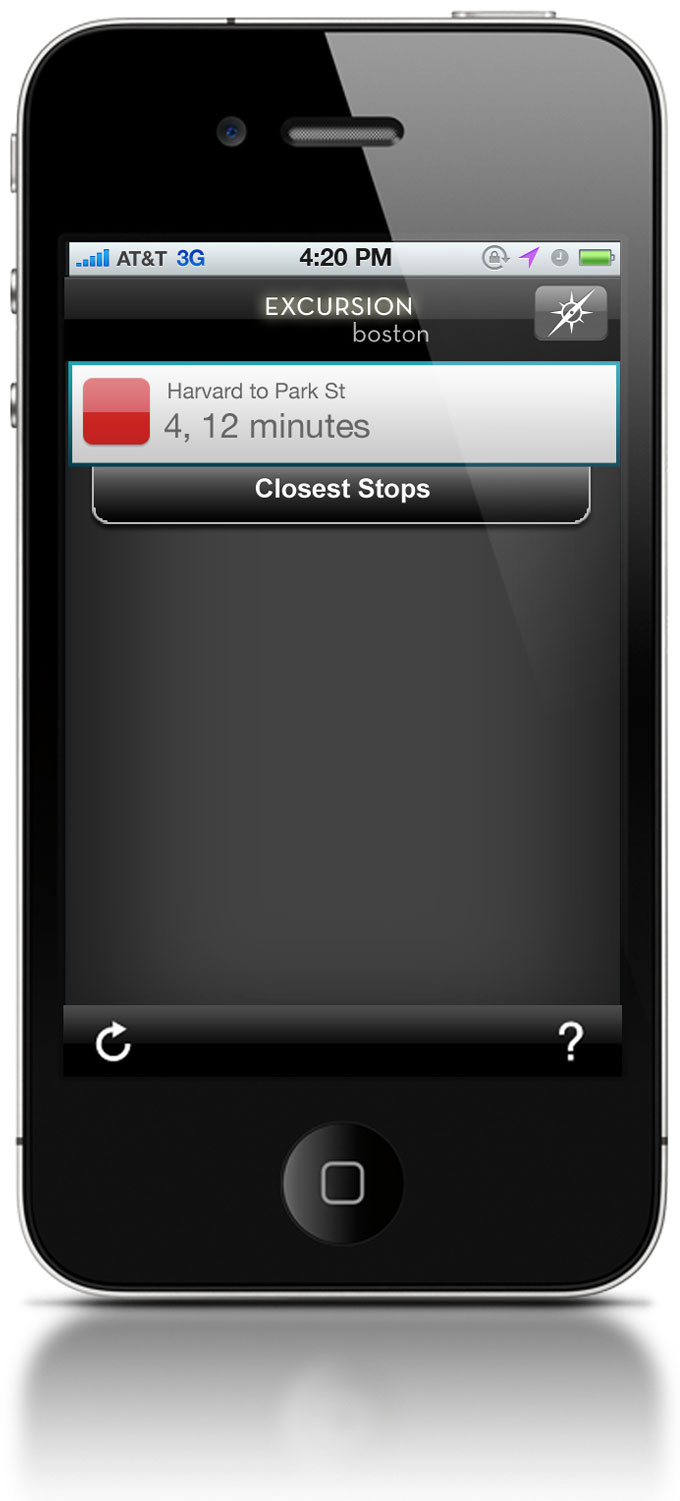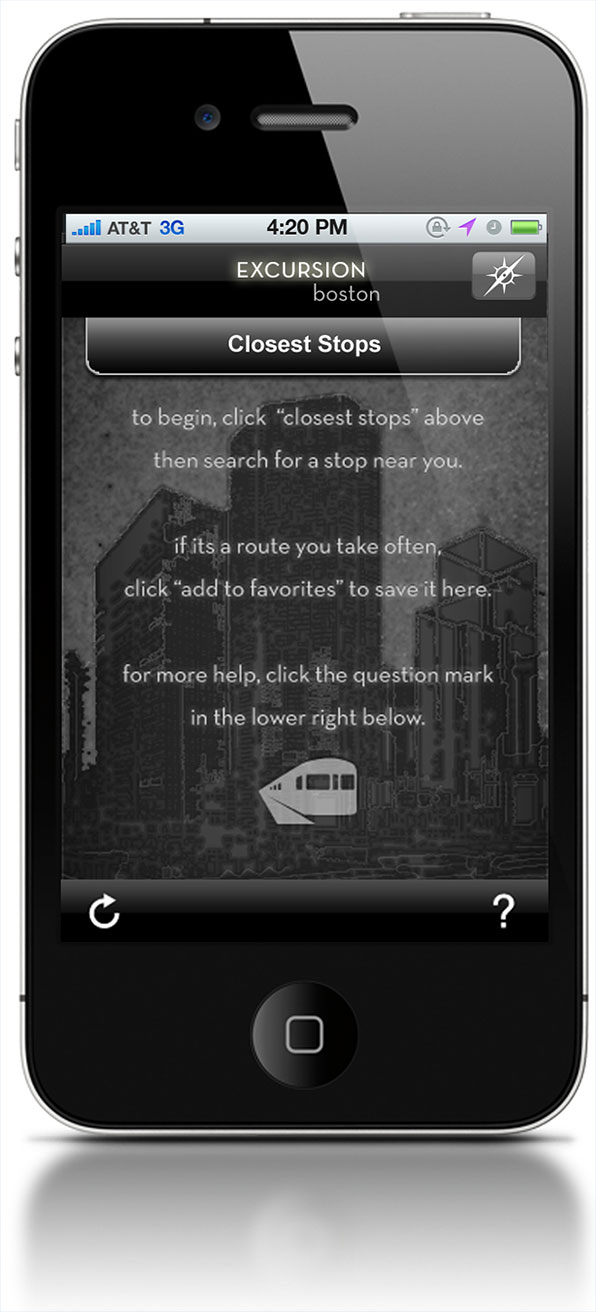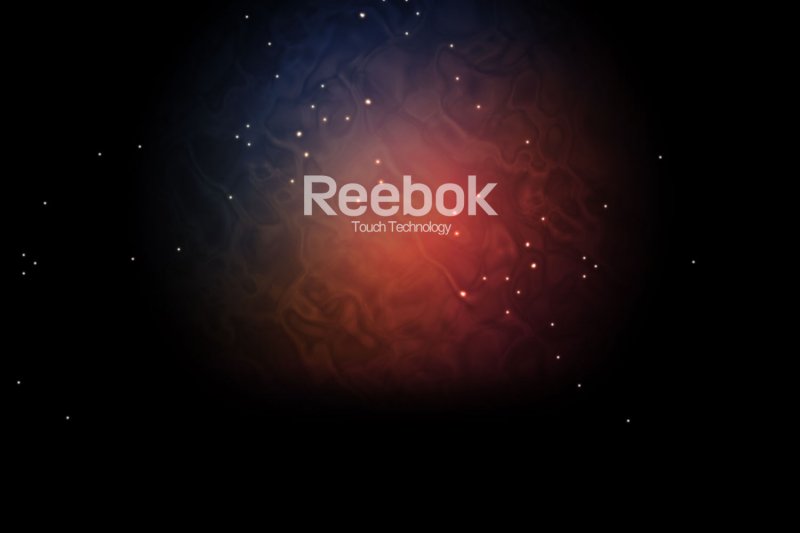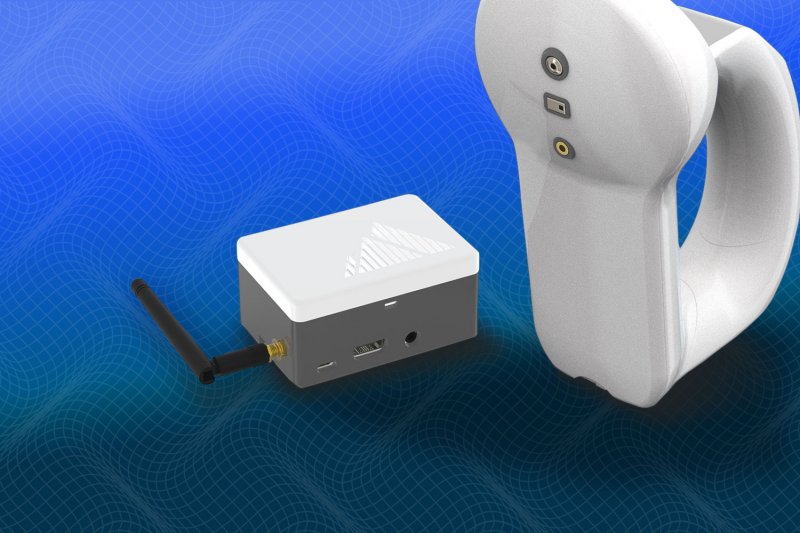Real Time Public Transportation Tracking
Problem:
The winter weather in New England involved months of darkness and sub-zero temperature. However, snow, rain, ice, and hail rarely keeps the residents of Boston from using public transportation to move around the city.
In 2010, years before tools like Google Maps or Citymapper made real-time transportation countdown timers an expectation, students such as myself would stand, waiting in the cold, wondering when the next bus, or above-ground train, would arrive. At the time, there was no way to determine when the trains would arrive, as they rarely followed the published schedule. The only option was to look down the street or train tracks, wait, and hope for the best.

Co-Founded with an ex-IBM engineer named Brian Leonard, I created Excursion Boston to improve the quality of life for commuters in the city through real-time tracking of public transportation.
Challenge:
After spending nearly a year networking with members of the Massachusetts Bay Transportation Authority and the state government of Massachusetts, I was able to confirm that all trains and busses did have GPS transponders on them. However, this data was neither public nor parsed as a countdown timer. The MBTA had only raw location data, and in a format that neither legally or practically could be shared to 3rd party tech organizations such as Excursion.
After convincing Deval Patrick, governor of the state, that the release of this raw data to 3rd party companies would improve ridership of public transportation, cut down on instances of drunk driving, and traffic in the city of Boston, the MBTA offered us access to the data. However, it was with a significant caveat, whatever platform, app, or website we created using the data had to be free to use for taxpayers. Our business structure had to rely on another revenue source than direct app sales.

Development:
After being granted access to the raw public transportation data, we were able to run it through a 3rd party company called NextBus. NextBus's algorithm would allow Excursion to parse the raw GPS data and resolve a localized countdown timer calculated by comparing bus or train location to a users' location.
The next development challenge involved creating a viable business structure considering we were not able to charge users for the download of the iOS and Android applications we were developing. However, this limitation ultimately became our greatest asset, as it forced the team to revisit a fundamental user experience aspect of our platform. While our platform would help a user discover when a train or bus would arrive at their location, this location was often an outdoor bus stop or train station, precisely where commuters prefer not to wait while in freezing rain or snow. The challenge was not to tell a user when their bus or train would arrive, but instead to get a user somewhere pleasant to wait for their bus or train to arrive.
This user experience discovery unlocked a much larger opportunity, as we realized that we had a unique data set that would be of extreme interest to nearby cafes and restaurants. We knew where potential customers were located, we knew how long they needed to be there (before their bus or train would arrive), and we knew how long it would take for these users to walk to a nearby cafe, grab a coffee or a sandwich, and without missing their transportation.
Importantly, this was a net benefit to the cafe's and restaurants, as these were potential customers who they previously could have never expected to capture, as these customers would be terrified of missing their bus or train. By offering assurance to the customer that they could make it somewhere warm, and return to their bus or train stop in time, we were able to offer substantial discounts to users using the platform.

Result:
Partnering with RedPlum for discounts, and Starbucks Coffee locations around the city of Boston, Excursion was able to not only improve life for Boston's residents and commuters but also to find a 'win-win' scenario for marketing Starbucks. After a year, we sold Excursion Boston back to the MBTA, where it continues to be the data source for Google Maps public transportation data today.



